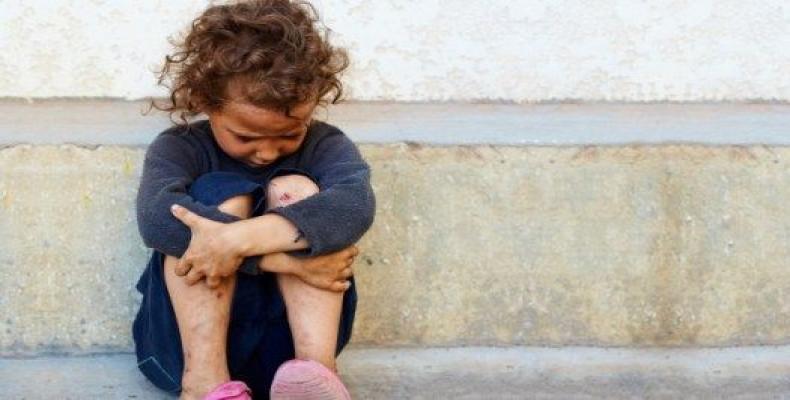Brasilia, August 20 (RHC)-- Brazil has a very high concentration of income in the top one percent, and since 2014’s recession while the country’s poorest sectors continue to be hit the worst, the rich keep getting richer.
According to the 2018 Global Inequality Report produced by a team of experts from the Paris School of Economics, Brazil comes narrowly in second place only to Qatar, an Arab emirate under a monarchical regime, in regards to income concentration at the top one percent.
Based on data combining door-to-door research, national accounts and income tax returns, the report shows that the country’s super-rich -- around 1.4 million adults -- capture 28.3 percent of the country's total income and receive on average $140,000 reales ($34,355 U$D) monthly, all sources of income included.
By comparison, the poorest 50 percent -- 71.2 million people with an average monthly income of R$ 1,200 (US $294) -- got less than half of what the one percent did, meaning a mere 13.9 percent of national income.
Meanwhile, the income of the poorest 50 percent took a 17.1 percent fall. This means that the poorest sectors of society had to bear the burden of economic recession and now neoliberal policies have accentuated the situation.


